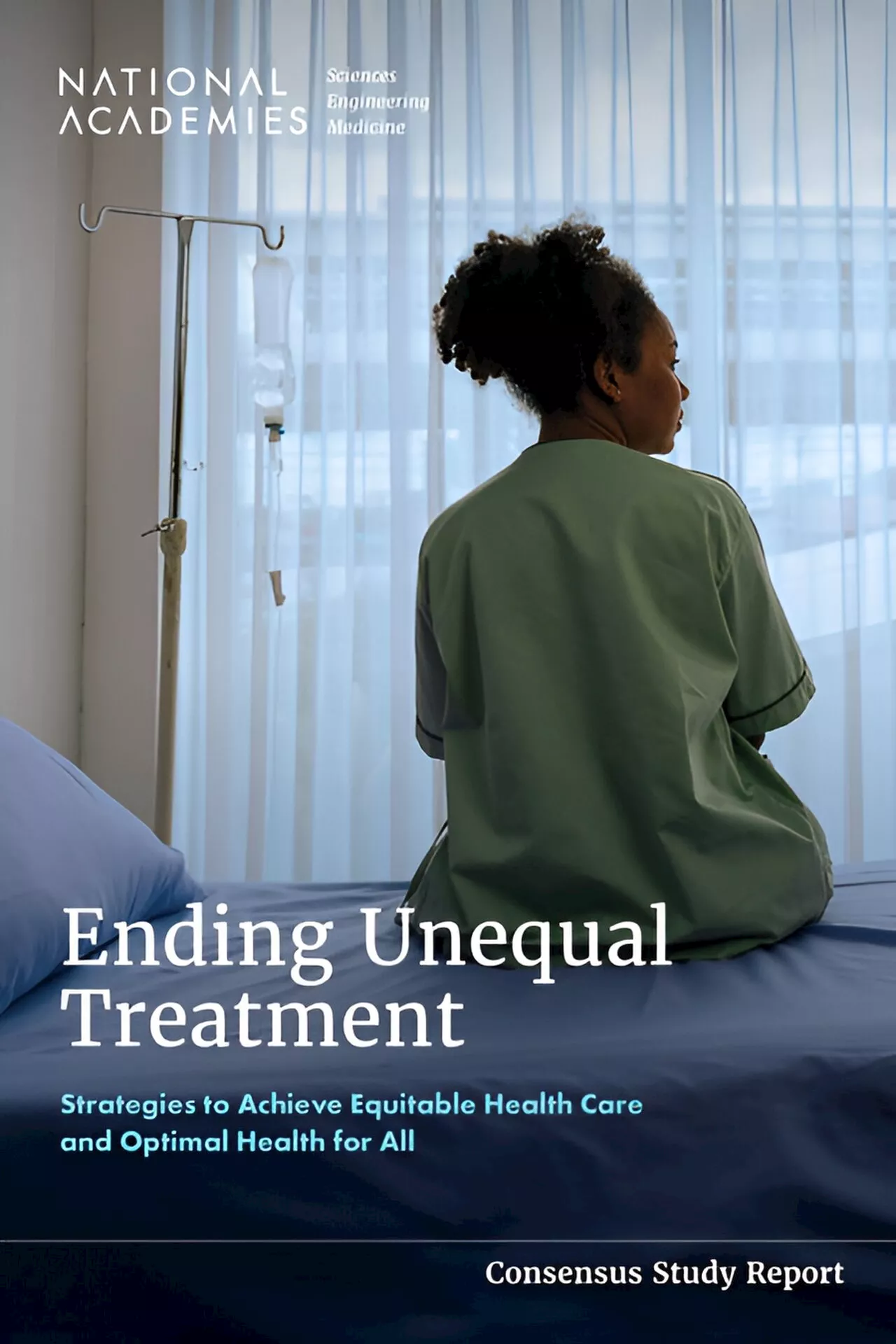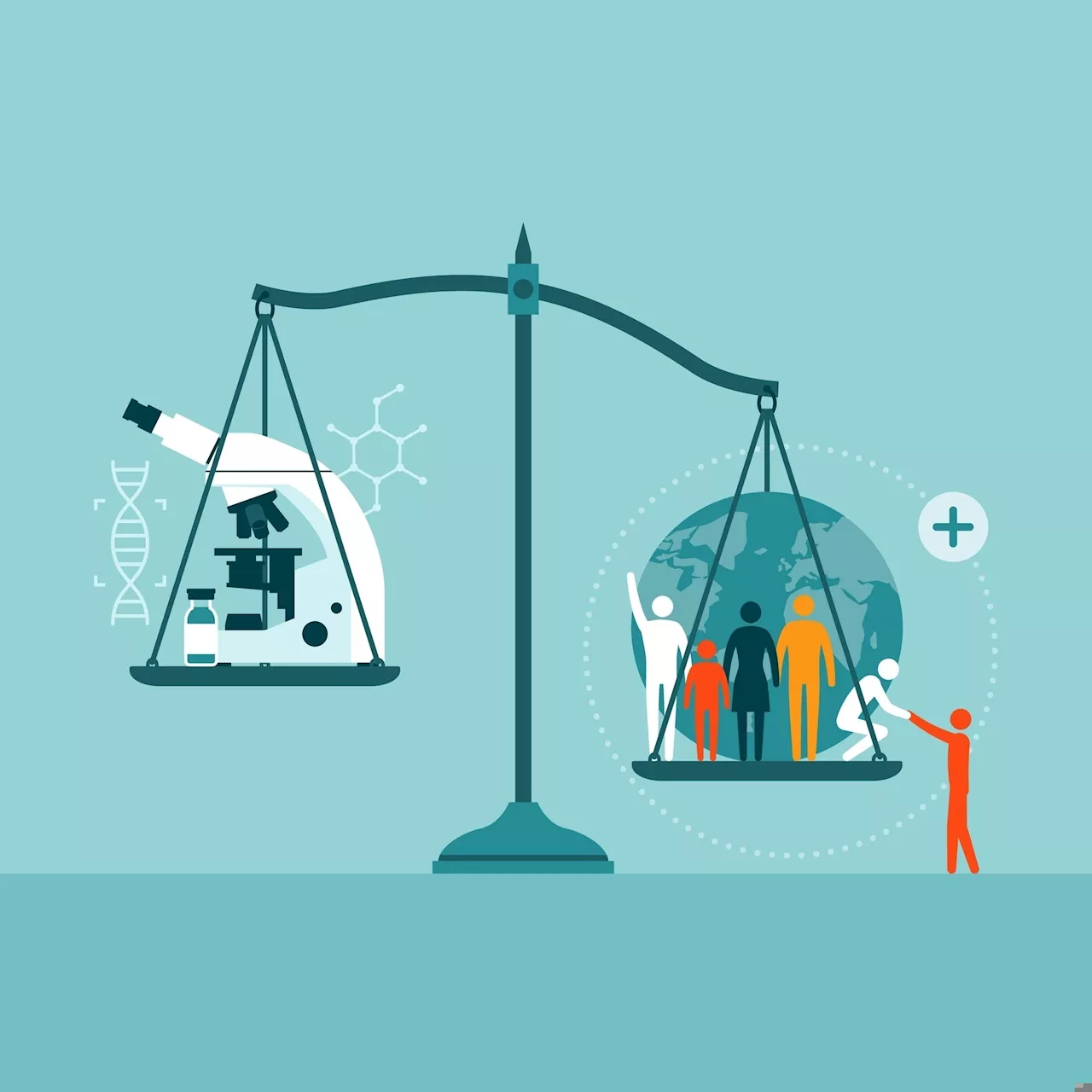Medical ethics is a pivotal field that provides guidance for the conduct of medical professionals and ensures the integrity of medical practice, protecting the interests of all patients. Misconduct and ethical violations can result in significant disciplinary actions, including the suspension or revocation of a medical license.
Key principles of medical ethicsConclusion
US data reveals declining public perception of honesty and ethical standards among healthcare professionals.5 Trust varies globally, with China at 94%, the UK at 74%, the US at 62%, Latin America at 45-55%, and Russia at 36%.6 However, the history of medical ethics dates back to the fifth century BCE, with the oaths of Caraka and Hippocrates and other ancient texts that contained basic principles for medical professionals.8
A corollary to beneficence is the principle of Non-maleficence, expressed by the Hippocrates oath as “do not harm,” which includes not harming the patients, as well as not allowing them to be harmed by inaction.7 During the 17th and 18th centuries, the concept of individual autonomy gained prominence, leading to the principle of informed consent in medicine.11 Thomas Percival's publications laid the foundation for moral independence and authority in ethical reasoning, which culminated in the American Medical Association's first code of ethics .8,12
Federal programs like Federally-Funded Health Centers, Incentive Programs, Telehealth Innovations, and Broadband Infrastructure Development address these issues.14 Protecting patient privacy and confidentiality is also crucial, with the Health Insurance Portability and Accountability Act being a key regulation.15-16
Related StoriesHowever, certain medical scenarios present significant ethical and legal dilemmas. The cases of Indi Gregory18, Alfie Evans19, and Charlie Gard20, children on life support due to severe genetic conditions, and the case of Archie Battersbee21, who suffered a severe accident, exemplify such challenges. The decision to continue life support in each case became the subject of legal battles.
2. Understanding the Opioid Overdose Epidemic. . Overdose Prevention. https://www.cdc.gov/overdose-prevention/about/understanding-the-opioid-overdose-epidemic.html 6. Trust levels towards healthcare by country 2022. . Statista. https://www.statista.com/statistics/1071027/trust-levels-towards-healthcare-in-select-countries/
10. WMA - The World Medical Association-Home. . WMA - the World Medical Association-Home. https://www.wma.net/ 14. Federal Programs and Policies Improving Access to Quality Health Care Services in Underserved Areas. . ASPE. https://aspe.hhs.gov/topics/health-health-care/federal-programs-policies-improving-access-quality-health-care-services-underserved-areas#:~:text=innovations%20in%20telehealth%20and%20other%20communication%2Dbased%20technologies
Ethics Health Ethical Policies Healthcare
United Kingdom Latest News, United Kingdom Headlines
Similar News:You can also read news stories similar to this one that we have collected from other news sources.
 Boston Medical Center calls for state help after ending policy to help migrantsFor months, Boston Medical Center had worked with Massachusetts to accommodate migrants, but an increase that left people sleeping in the lobby and triage…
Boston Medical Center calls for state help after ending policy to help migrantsFor months, Boston Medical Center had worked with Massachusetts to accommodate migrants, but an increase that left people sleeping in the lobby and triage…
Read more »
 Policy paper calls for evidence-based public health approach to cannabis regulationA public health approach is necessary to address the legal, medical, and social complexities of cannabis use, says the American College of Physicians (ACP) in a new policy paper released today.
Policy paper calls for evidence-based public health approach to cannabis regulationA public health approach is necessary to address the legal, medical, and social complexities of cannabis use, says the American College of Physicians (ACP) in a new policy paper released today.
Read more »
 Medical debt doubles risk of skipping mental health care for depression and anxietyMedical debt is significantly more prevalent among adults with depression or anxiety compared to adults without these mental disorders, according to a new study led by researchers at the Johns Hopkins Bloomberg School of Public Health.
Medical debt doubles risk of skipping mental health care for depression and anxietyMedical debt is significantly more prevalent among adults with depression or anxiety compared to adults without these mental disorders, according to a new study led by researchers at the Johns Hopkins Bloomberg School of Public Health.
Read more »
 KFF Health News' 'What the Health?': At GOP convention, health policy is mostly MIAThe Republican National Convention highlighted a number of policy issues this week, but health care was not among them.
KFF Health News' 'What the Health?': At GOP convention, health policy is mostly MIAThe Republican National Convention highlighted a number of policy issues this week, but health care was not among them.
Read more »
 Ending unequal treatment: Strategies to achieve equitable health care and optimal health for allOn June 26, 2024, the National Academies of Science, Engineering, and Medicine (NASEM) released a new report examining health care inequities that persist in the U.S. titled 'Ending Unequal Treatment: Strategies to Achieve Equitable Health Care and Optimal Health for All.
Ending unequal treatment: Strategies to achieve equitable health care and optimal health for allOn June 26, 2024, the National Academies of Science, Engineering, and Medicine (NASEM) released a new report examining health care inequities that persist in the U.S. titled 'Ending Unequal Treatment: Strategies to Achieve Equitable Health Care and Optimal Health for All.
Read more »
 Pandemic health behaviors linked to rise in neonatal health issuesStudies show that social distancing and other public health measures during the COVID-19 pandemic effectively reduced the spread of the deadly virus. However, they had unanticipated effects such as reduced health care accessibility and utilization, especially in high-risk populations.
Pandemic health behaviors linked to rise in neonatal health issuesStudies show that social distancing and other public health measures during the COVID-19 pandemic effectively reduced the spread of the deadly virus. However, they had unanticipated effects such as reduced health care accessibility and utilization, especially in high-risk populations.
Read more »
